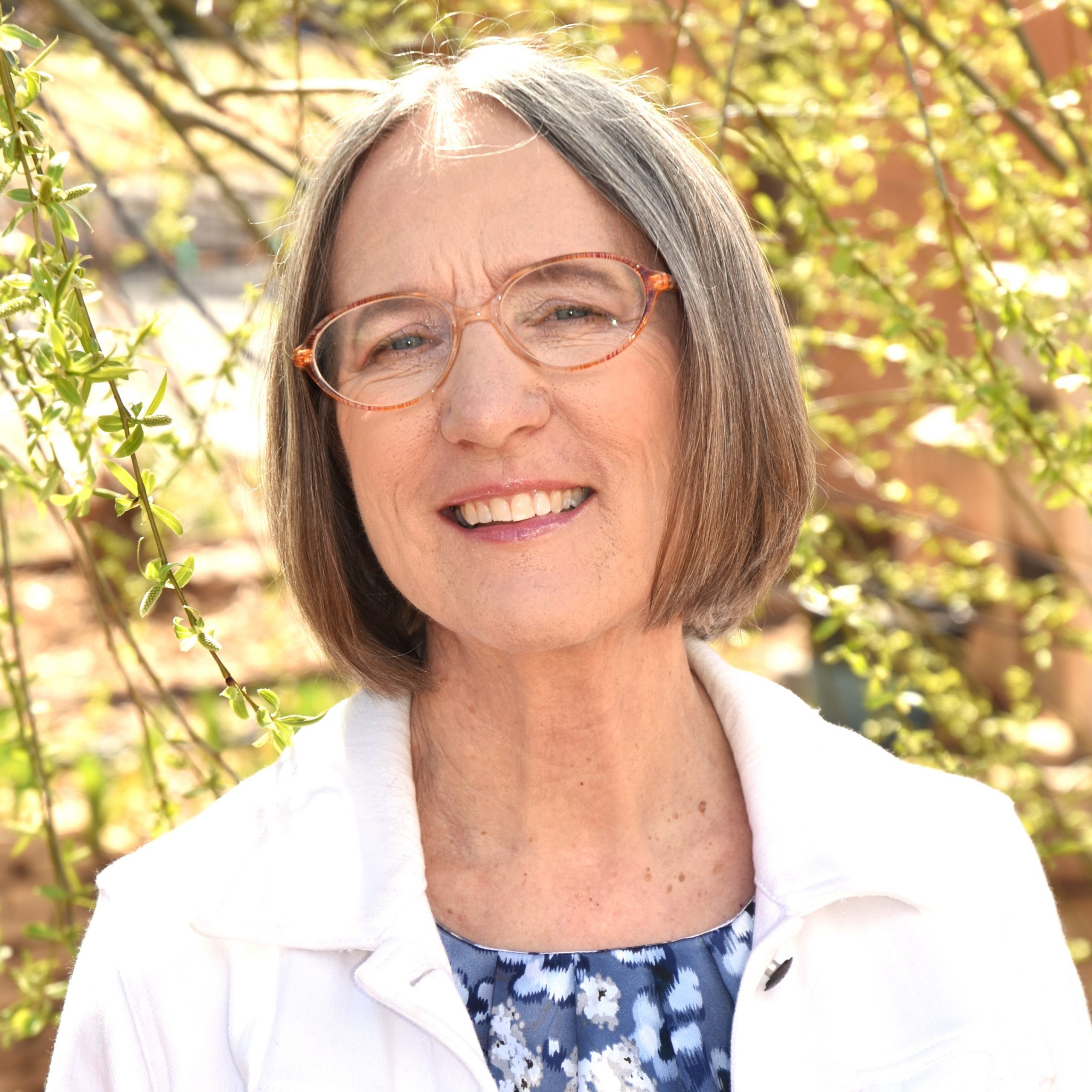Lynn Doxon was born in the same little Colorado town as Ken Kesey, although by the time Lynn came along the Keseys had flown the coop to Oregon. She grew up in a nice little 1950s middle-class family, Father a WWII veteran army officer turned schoolteacher, Mother a stay-at-home mom who raised chickens. One older brother and one younger.
As she finished elementary school they moved to Nebraska, where her father was the principal of her Junior High School, one of the greatest tragedies that could befall a young girl. The latter part of high school found her in California, sporting long strawberry blonde hair just as the Beach Boys were wishing they all could be California girls.
In college, her father and aunt encouraged her to follow his dream to become a medical doctor, but her grade point average of 3.65 was just too low for a girl hoping to get into medical school in those days. She moved to the Kansas farm her father had owned all her life, purchased for her father by his father while her father was in the army. There she became a VISTA volunteer in a project sponsored by The Land Institute and the Kansas Organic Producers. She traveled the western part of the state teaching farmers about alternative energy production. One of the farmers who attended her classes invented a very efficient small fuel alcohol still, and after her VISTA year ended they formed a company to produce and sell the stills.
One evening, as she walked home from the company’s offices, members of the city council called her to their meeting across the street and told her they had just appointed her mayor. The former mayor had resigned when the city council told him he could not hire himself to be the manager of the municipal water system and lead road maintenance worker. So at 29 she became the mayor of the city.
One week early in her 30th year her business partner died, her favorite aunt died and her parents got divorced, so she took refuge in a place she had always felt safe. She went back to school. At Kansas State University she earned a Master’s Degree in horticultural therapy, a Ph.D. in horticulture with a specialization in farming systems in developing countries, and met her husband and his two teenage sons.
After graduation, they moved to New Mexico – not exactly a developing country, but it has some similarities – where she worked as State Specialist in Urban Horticulture with the New Mexico State University Cooperative Extension Service. Seven years later, under the weight of the extensive travel required by the job, the politics within the department, and the difficulty of remembering her complete job title, she resigned and went to work in her husband’s architectural firm.
After caring for thirty-four foster children and learning that they were unlikely to be able to adopt a child in New Mexico because they were in their forties, the couple adopted three girls from, Ukraine, a long and difficult process that continues to have its ups and downs.
When the girls graduated from high school they purchased an older house with the hope of downsizing, but a complete remodel and three additions later four generations of the family live in the house, which is surrounded by an urban food forest, herb and vegetable gardens, and native grass lawn.
They are both retired now and have adopted the biological daughter of their youngest adopted daughter. Lynn writes, her husband does some consulting and even before the pandemic they partially homeschooled their seven-year-old.
